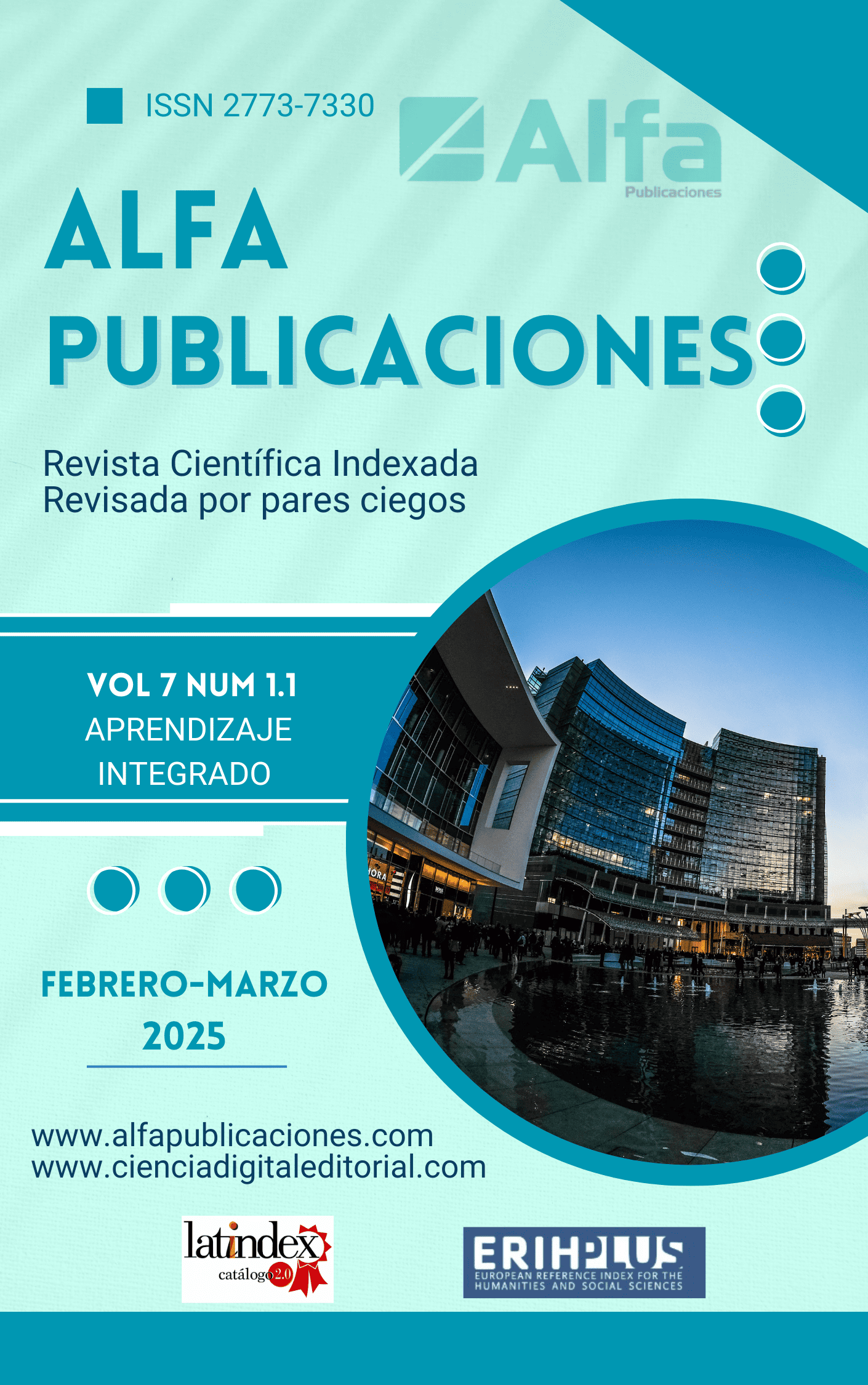Information system to contribute to financial literacy and micro-enterprise profitability in the Asociación Cabañas Turísticas los Ciriales in the parish of Machalilla in the canton of Puerto López
Main Article Content
Abstract
Introduction: The competitiveness and sustainability of microenterprises depend on efficient financial information systems that combine theoretical foundations with technological tools for accurate and timely management. Technological innovation and digital strategies are highlighted as pillars for improving financial performance, through the use of information systems based on the monitoring of key indicators (KPIs) and IT systems. In Latin America, 80% of microenterprises operate informally, with limited financial training and access to technology. In Ecuador, 65% do not know basic accounting tools, aggravating profitability problems, especially in sectors such as community-based tourism. Objective: The objective of the work is to develop an information system oriented to financial knowledge and profitability for the Asociación Cabañas Turísticas Los Ciriales (Puerto López). Methodology: The study adopts a qualitative-descriptive approach, without experimentation, starting from general contexts of international microenterprise tourism to the specific case of the Asociación Cabañas Turísticas Los Ciriales. Theoretical, historical-logical and documentary methods are used to review global and local research on financial information systems in micro tourism enterprises. In addition, the analytical-synthetic method is used to characterise the KPIs and structure the information system, using the inductive-deductive method to contrast the bibliographical findings with the local reality. The research uses interview and statistical analysis to validate the feasibility of the proposed information system. Conclusion: From the study carried out, it can be seen that the operating condition of the Asociación Cabañas Turísticas los Ciriales is limited by the knowledge of finances and little structuring of the information system. This contrasts with the development of local micro-enterprises in the tourism sector, which can promote profitable businesses with good acceptance of services. In addition, the level of digitalisation imposes different ways of thinking about businesses such as the one studied, which broadens the training needs but increases the capacities for growth and management of the risks common in the tourism sector. Type of study: Original articles
Downloads
Article Details
dssfdsf
dsfdsf

